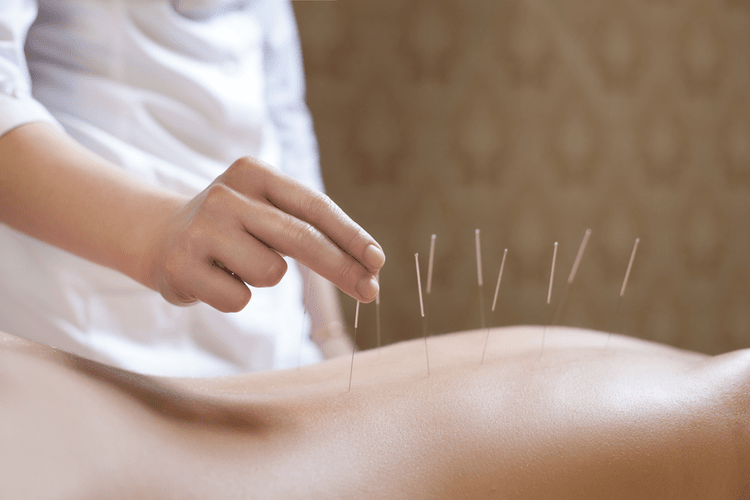Intermittent explosive disorder Symptoms and causes
Detaching with love is an often-recommended strategy for coping with a loved one’s addiction. Detachment allows us to be supportive within a framework of clarity and respect. But spirituality means experiencing how community has power beyond understanding to heal. The biggest barrier to therapy of any kind that patients may face is shame and stigma; most programs address such concerns directly. The idea that altered forms of consciousness such as mania or alcohol can enhance creativity is a popular belief.
Addiction Destroys Dreams, We Can Help
- Recovery from an alcohol use disorder means more than quitting alcohol.
- Alcoholic Rage Syndrome is caused by a combination of factors related to alcohol consumption.
- Take our short alcohol quiz to learn where you fall on the drinking spectrum and if you might benefit from quitting or cutting back on alcohol.
- It’s common for alcohol and anger to be stereotypically lumped together, but many people labeled “angry” while drinking may actually be experiencing aggression or hostility.
These symptoms may include sudden and intense anger, verbal or physical aggression, irritability, impulsivity, and difficulty controlling emotions. It is important to differentiate alcoholic rage from regular anger, as the former tends to be disproportionate and unprovoked. To date, very few studies have tested the gender difference hypothesis using both the male and female subjects.
How Can You Differentiate From Other Disorders?
Seeking help is a crucial step in managing and overcoming this condition. In addition to ongoing mental health support, enhancing an individual’s “recovery resources” is also important. Providing education, job training and employment connections, supportive housing, physical activity, and social integration in families and the community can all help individuals stay in remission. Research in animals shows that having more self-determination and control over one’s environment can help facilitate adaptive brain changes after ending substance use. The chance of developing any health problem is related to the genetic code we are born with. Just like some people have a greater risk of developing cardiovascular disease or cancer, others have a greater risk of developing an alcohol use disorder.
Treatment Options for Alcoholic Rage Syndrome

They can also assist you with developing healthy strategies to work through your anger along with the coping skills to deal with anger when it surfaces. Online programs such as Ria Health provide confidential support from the comfort of your home. Support groups such as Alcoholics Anonymous can also be effective as they allow you to express your feelings and provide tools to work through your anger. Luckily, that clarity can be beneficial, because it means that you have a chance to put your foot down and stop what you’re doing. If you become a crazy drunk person when you’re drinking, and you drink often, it’s probably safe to say you’re an alcoholic.
Behavioral symptoms
When a heavy drinker quits drinking, their brain must adjust to the chemical damage that alcohol has caused. Originally coined by the creators of Alcoholics Anonymous, dry drunk syndrome can have a negative impact on the process of giving Sober House up drinking both physically and mentally. You also have to explore, deeply and honestly, patterns and behaviors in your life that contribute to your alcohol use. When you choose to stop drinking, you’re taking a significant first step.
- These situations likely spark emotions when you think about them — perhaps you feel embarrassed or ashamed.
- These days, people who misuse alcohol can enroll in various treatment programs, whether you choose the 12-step approach or decide to enter residential treatment.
- Support groups can be the first step towards recovery or part of a long-term aftercare plan.
- Intermittent explosive disorder is a long-term condition that can go on for years.
- It can even be productive because it tells us we need to address some things that aren’t going well in our lives.
When you or a loved one experiences this condition, it can lead to an increase in violent crimes such as domestic violence, rape, murder, and assault. The inability to control anger when under the influence of alcohol can strain relationships, causing significant problems between partners, friends, and family members. To find support for alcohol use disorder, you can start by contacting your local NHS care services. You can discuss your issues with your GP, who can refer you to local drug services if necessary.

They were more likely than those without the variation to have a history of outbursts and fights while drinking, as well as to have been arrested for driving under the influence. “One of the acute effects alcohol can have on the brain is causing rage, anger, https://theseattledigest.com/top-5-advantages-of-staying-in-a-sober-living-house/ and aggression,” says Brent Metcalf, LCSW, a specialist in trauma treatment and clinical alcohol and drug counseling at Tri-Star Counseling. Because you are a trusted loved one, the addict knows that you will not hurt them in their pain-fueled rage.
How can I find support for my alcohol use disorder?
But remember that this phase is a fairly normal part of recovery, and it won’t last forever. The important thing is to find a recovery program that works for you and stick with it. If one approach doesn’t feel right, take a step back and consider a different one. It’s equally important to explore the habits and reasons behind your drinking, ideally with a qualified therapist.

